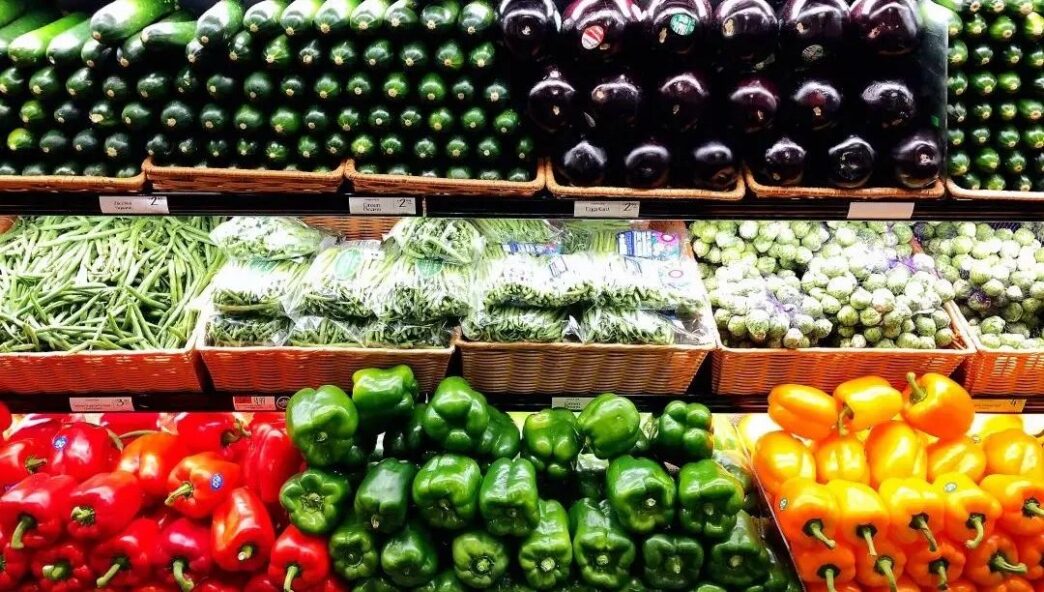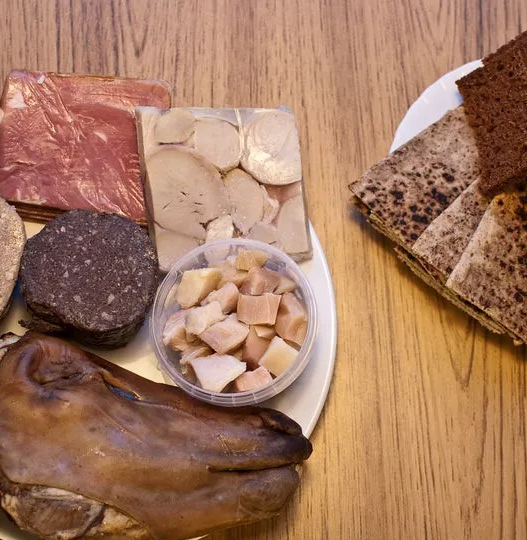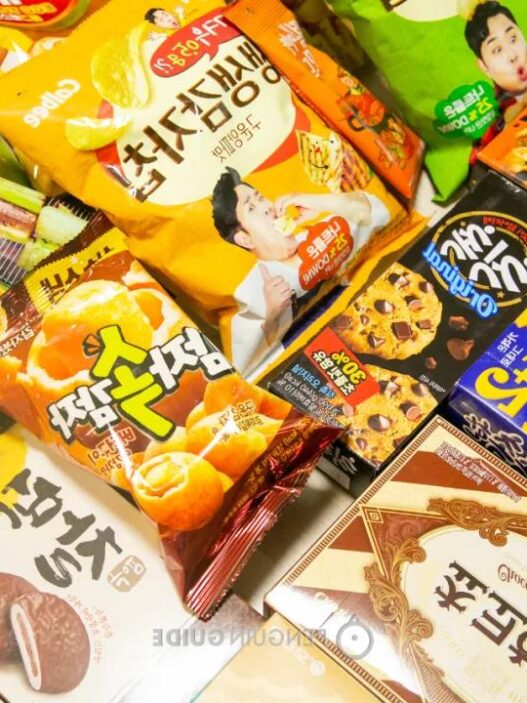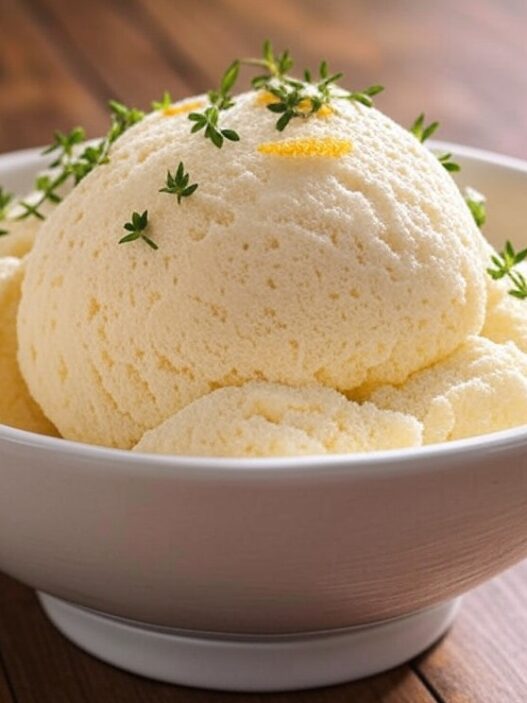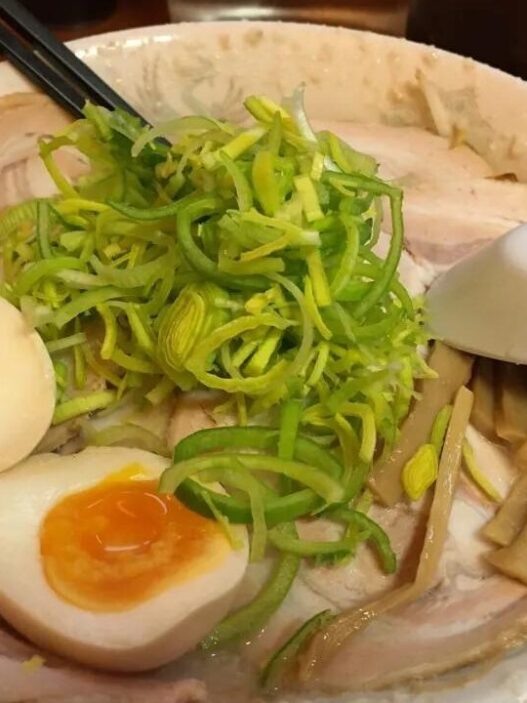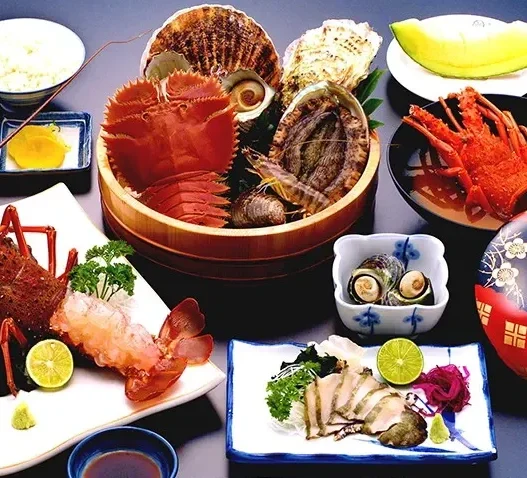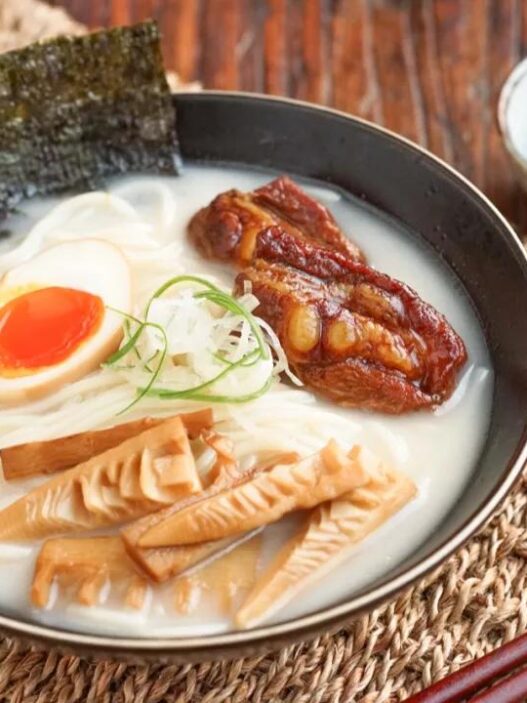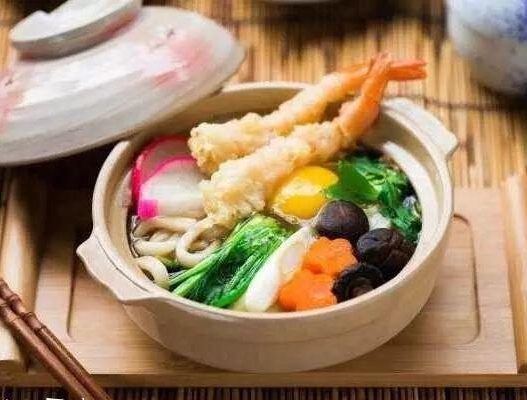Stop Wasting Your Hard-Earned Cash on These Useless Health Trends
In today’s world, health foods and supplements are heavily marketed, promising miraculous benefits. Unfortunately, students and older adults are often the easiest targets for these exaggerated claims, spending a fortune on products with little to no real advantage.
To help you make better choices, here’s a list of nine highly praised but practically useless foods that you might want to reconsider before buying!
1. Protein Powder – Unnecessary for a Healthy Diet
In an age where people either struggle with weight gain or dream of bulking up, protein powder is marketed as a magic solution.
Reality Check:
A 400g tub of protein powder can cost hundreds of dollars, yet a healthy adult can meet their daily protein needs through regular meals. An average person requires 1g of protein per kg of body weight daily, which can easily be fulfilled with a balanced diet. Unless you’re an athlete or have specific dietary deficiencies, protein powder is an unnecessary expense.
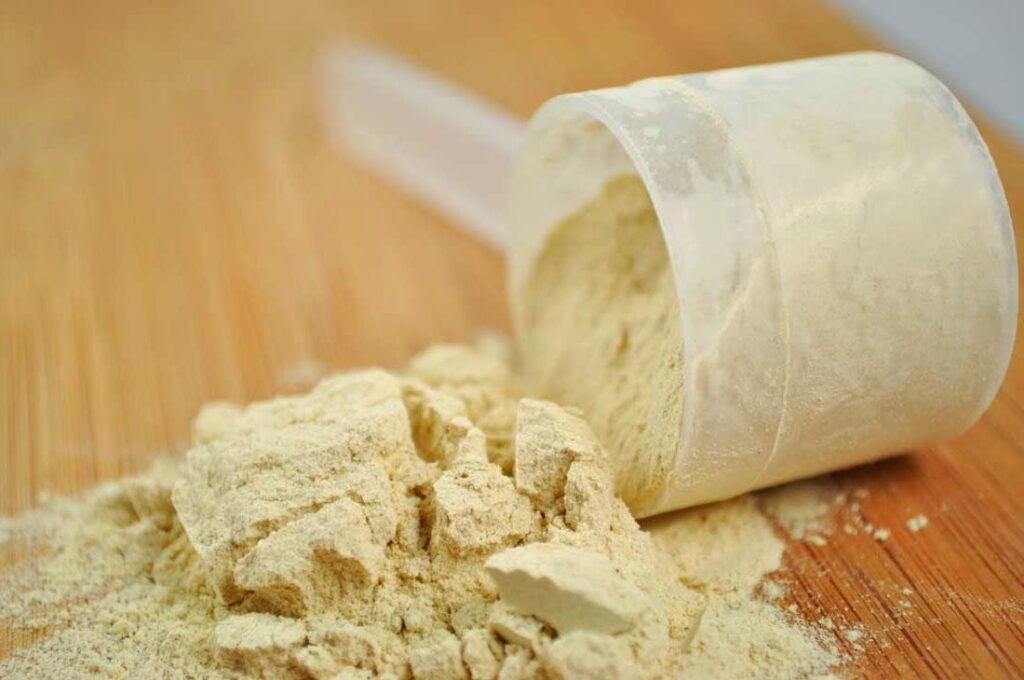
2. Grape Seed Extract – Misleading Cancer Claims
Grape seeds, usually discarded, have been heavily promoted as powerful antioxidants that fight cancer, slow aging, and boost immunity.
Reality Check:
Many studies have shown that grape seed extract can inhibit cancer cells—but only in lab tests (in vitro). There is no concrete evidence proving that grape seed extract prevents or treats cancer in the human body. The hype surrounding grape seed oils and powders is mostly marketing-driven, not science-backed.
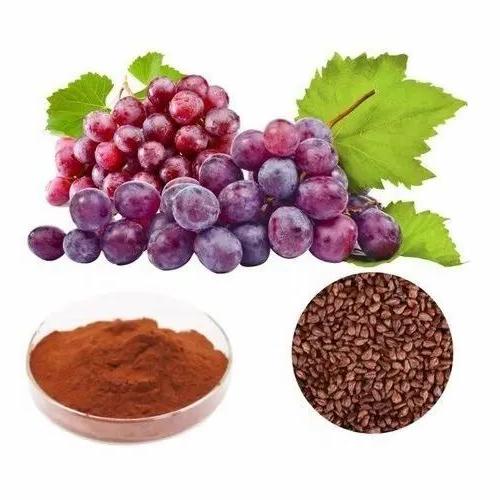
3. Organic Food – Just a Psychological Comfort
Organic food, including “green vegetables” and “organic rice,” is often marketed as a healthier and pesticide-free alternative. However, higher prices don’t necessarily mean higher quality.
Reality Check:
Consumer reports have found that some organic foods still exceed pesticide residue and heavy metal limits. Despite being significantly more expensive, they don’t always meet health safety standards better than regular produce.
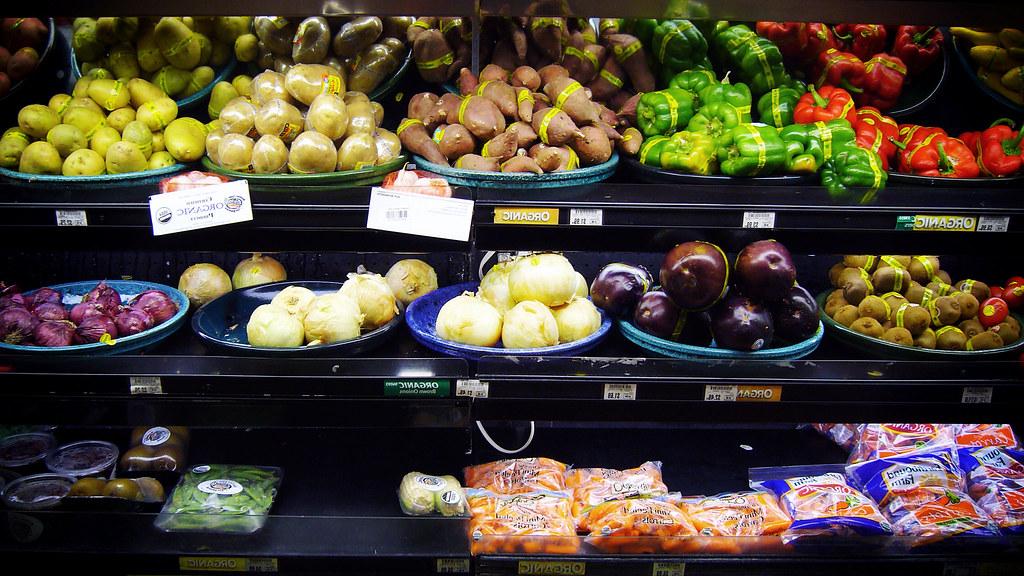
4. High-Calcium Milk – No Better Than Regular Milk
Many people assume that high-calcium milk is superior, as it’s marketed for stronger bones and better health.
Reality Check:
Regular milk contains lactate calcium, which the body absorbs efficiently. High-calcium milk, on the other hand, often contains artificially added calcium carbonate, which has a lower absorption rate. In reality, regular milk is just as beneficial, if not better!
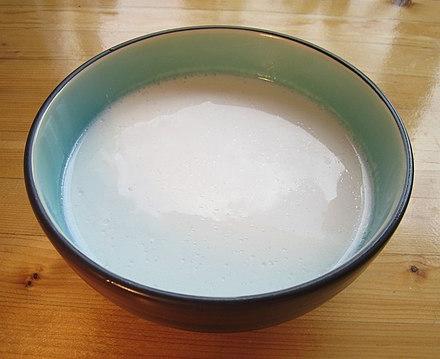
5. Fish Oil – Just Eat Fish Instead
Fish oil supplements dominate the health food market, often promoted for heart health and brain function.
Reality Check:
Fish oil is extracted from fish, but its purification process is unstable, leading to inconsistent benefits. Eating fresh fish provides not only omega-3 fatty acids but also high-quality protein, vitamins, and essential minerals—making it a much healthier option.
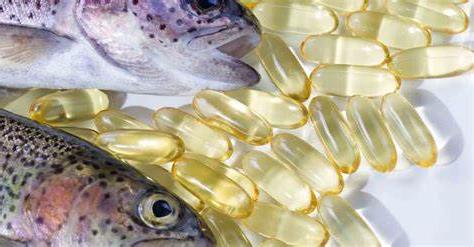
6. Sea Cucumber – No Better Than an Egg
Sea cucumber is a luxury dish praised for its high protein content and supposed health benefits. Many people splurge on it, thinking it’s a premium superfood.
Reality Check:
Though high in protein, sea cucumber contains low-quality protein that isn’t easily absorbed by the body. In contrast, eggs offer the best amino acid composition for human absorption, making them a superior protein source. Instead of spending money on sea cucumber, eat two eggs a day with vegetables and tofu—you’ll get far better nutrition!

7. Anti-Hangover Pills – They Don’t Reduce Alcohol’s Harm
With social drinking and business networking being common, anti-hangover pills have become a popular purchase. Some claim to allow you to drink without getting drunk.
Reality Check:
Anti-hangover pills are not classified as medicine, but rather as dietary supplements. Their main ingredients only support liver health but do not prevent intoxication or reduce alcohol’s harmful effects. The best way to prevent a hangover? Drink in moderation!
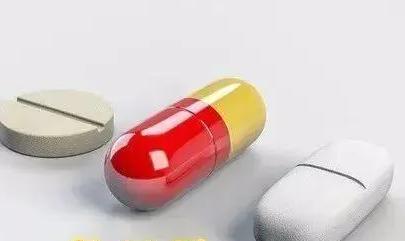
8. Enzyme Supplements – Destroyed Before They Work
Enzyme supplements have exploded in popularity, with claims that they boost metabolism, aid digestion, and even help with weight loss.
Reality Check:
Once these supplements enter the stomach, they are instantly broken down by stomach acid and lose all effectiveness. No enzyme supplement can survive the human digestive process, making them completely useless.
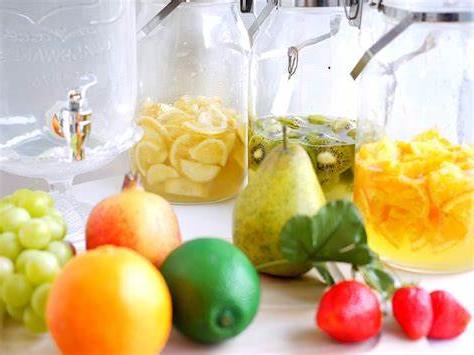
9. Children’s Soy Sauce – Just a Marketing Gimmick
Many brands market “low-sodium soy sauce for kids,” claiming it is healthier and specially designed for children.
Reality Check:
There is no substantial difference between regular low-sodium soy sauce and “children’s soy sauce”—except the price. Some brands charge twice as much simply by slapping a “for kids” label on it. Parents, don’t fall for the trap!
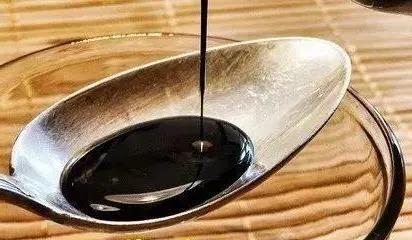
Final Thoughts: Spend Smart, Eat Smarter!
The food and supplement industry thrives on marketing hype, often convincing consumers to pay extra for unnecessary products. By understanding what truly benefits your health, you can make informed choices and avoid being scammed.








